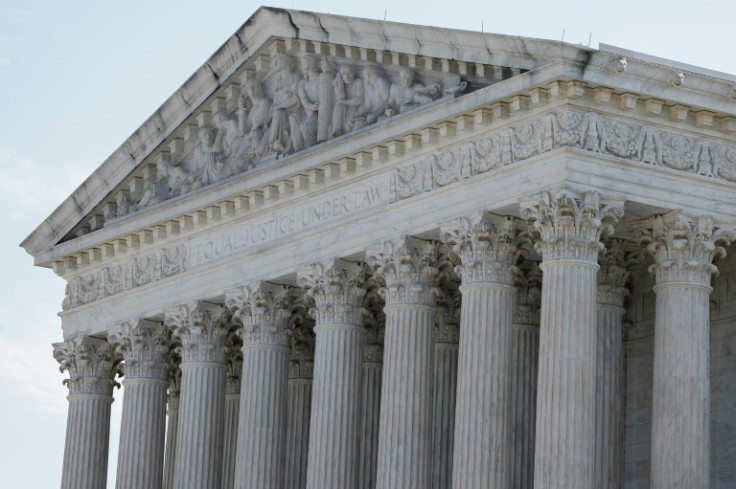Supreme Court Declines To Fast-Track Challenge To Trump-Era Tariffs

The US Supreme Court on Thursday declined to expedite a major legal challenge to former President Donald Trump's tariffs on Chinese imports, opting not to intervene early in a case that could reshape presidential authority over trade policy.
Educational toy companies Learning Resources and hand2mind had petitioned the Court to bypass the standard appeals process, citing the "sweeping economic consequences" of the tariffs and their impact on businesses and consumers nationwide. The Court's rejection means the case will proceed under the usual timeline, with the federal government now having until mid-July to file its response, Reuters reported.
The companies argue that the tariffs, imposed under the International Emergency Economic Powers Act (IEEPA), were unconstitutional. They contend that the Act does not authorize the president to unilaterally impose trade barriers without congressional oversight. A lower court ruled in their favor in May 2024, stating that Trump lacked the authority to use emergency powers to enact the tariffs. That decision, however, is currently on hold pending appeal.
In urging the Court to take up the case directly, the companies stressed what they called "unremitting whiplash" and an "unprecedented economic burden" placed on U.S. businesses. They asked the justices to schedule oral arguments as early as September 2025.
The Biden administration opposed the motion, arguing that expedited review was "unwarranted" and that a similar case making its way through the US Court of Appeals for the Federal Circuit presented a more suitable vehicle for resolving the legal questions. Solicitor General D. John Sauer advised the Court to allow the appellate process to play out, suggesting a decision could be better timed for the October 2025 term.
While the Court's procedural ruling does not address the underlying legality of the tariffs, it delays any definitive resolution. The justices could still choose to hear the case in the next term or later, depending on the outcome of related appeals.
© Copyright IBTimes 2024. All rights reserved.




















